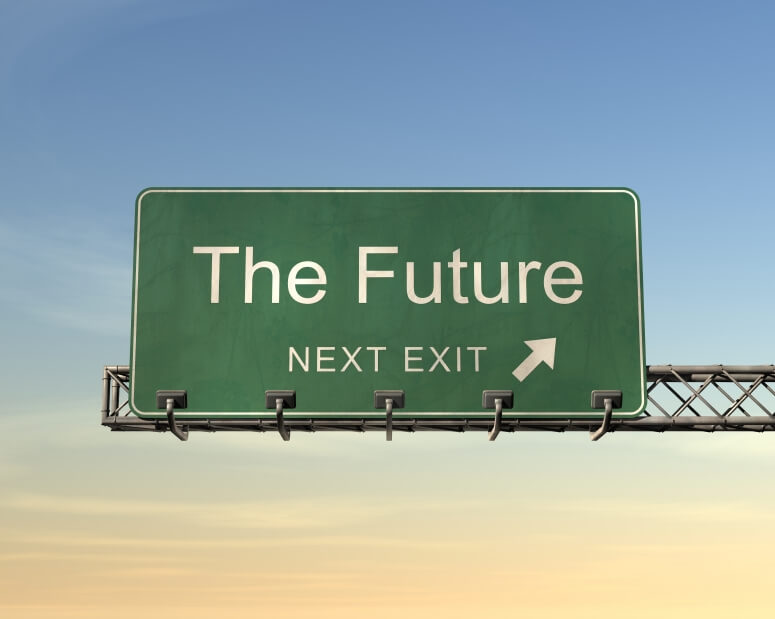We are on the brink of significant intergenerational change in our workplaces. Generation Z, born 1995-2009 currently make up less than 1 in 10 workers. However they’ll comprise almost a third of the workforce (31%) by 2025. At the other end of the spectrum, the Baby Boomers (born 1946-1964) who currently hold a lot of the leadership positions and company knowledge, comprise a quarter of today’s workforce (25%) but as they are reaching their retirement years at the upper end, they’ll be just 8% of the workforce by 2025.
The millennials, also known as Generation Y (born 1980-1994) are in their key career building years as many have completed their tertiary education and have entered the workforce, making up over a third of today’s workforce (34%). This means within a decade, almost two thirds of our workplaces will be made up of Generation Y and Generation Z (64%).
As these emerging generations infiltrate the workforce they will bring with them new approaches to communication, expectations of work-life balance, new engagement styles, collaborative approaches to leadership and management, as well as a global outlook and an integrated approach to technology. Some keys to effectively building multigenerational teams in your workplace and engaging the new generations:
Collaboration over authoritarian: Gen Y and Gen Z are used to having a voice. They have grown up in an era of user-generated content, where their idea of an encyclopaedia is one that they can change and contribute to. This translates to their preferences around engaging leadership styles – with the most effective styles often being those that facilitate collaboration and contribution rather than the traditional hierarchical, positional, authoritarian styles of leadership.
Function over tradition: The speed of change affecting the education and business landscape is unprecedented. From rapid technological advancements to global connectivity, demographic shifts, generational transitions and social change, Gen Y and Gen Z have grown up in an era of constant transitions. To remain relevant, adaptability, agility and innovation are essential. Being open to improved processes, creating a culture of collaborative innovation where teams are empowered to contribute ideas, and valuing function over tradition and how things have always been done will assist in engaging the new generations.
Global over local: Gen Y and Gen Z have been shaped in their formative years as part of a global youth culture. The global communication technologies have shaped the way these generations connect and communicate – from YouTube videos, social media and memes which go viral – these generations no longer think local but global – their networks are not limited by geographic proximity, and nor do they expect their education, careers or professional connections to be.
Claire Madden is a keynote speaker, social researcher, generational expert and business consultant. Claire is in demand for her skill in effectively identifying the changing social trends and effectively communicating the engagement styles of the emerging generations. Claire is a professional in interpreting what this means for educators, managers and business leaders. To see Claire’s profile and speaking topics click HERE.
To enquire about Claire’s availability to speak at your conference or event please email Keith at Inspire Speakers on [email protected] or call Keith on 0450 077 997
